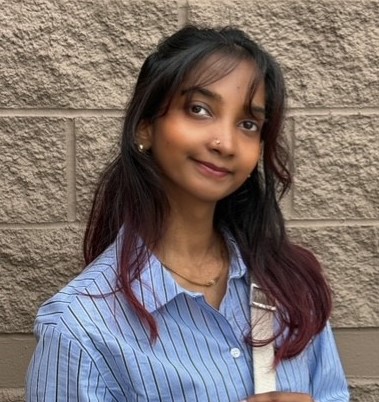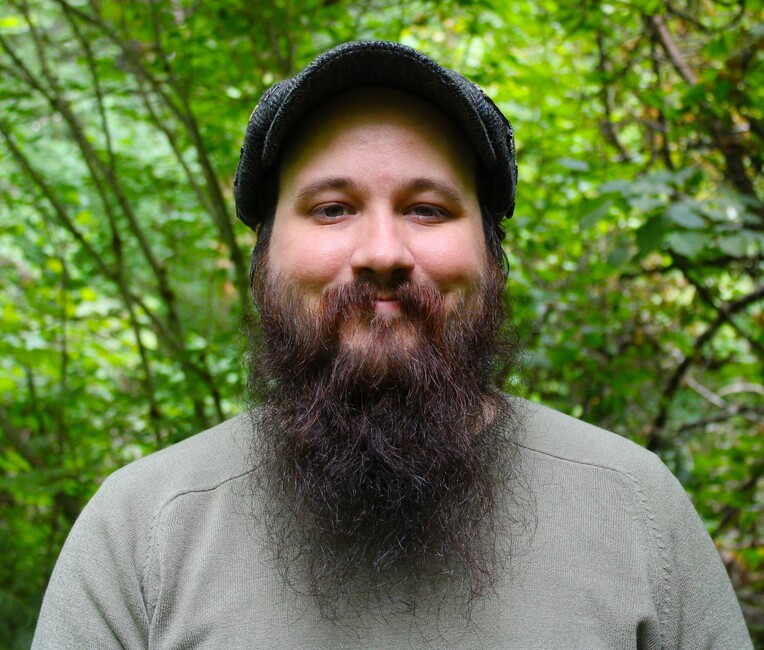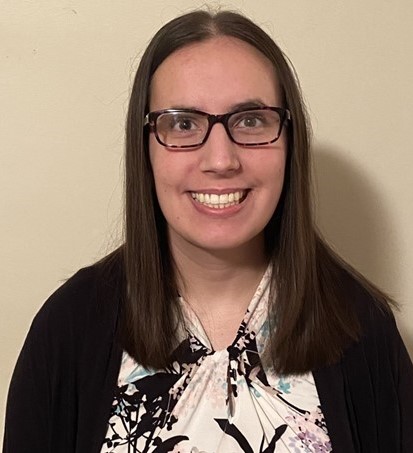Browse the latest People Inc. and affiliate news, updates and press releases.
Weather-related or other closing updates for programs/services are available. Learn more
Training Psychology Doctoral Students to Support People with Disabilities
Dec 18, 2024
Faced with a dire need for clinicians and a nationwide lack of those trained to help answer the unique behavioral health needs of those with intellectual and developmental disabilities, the agency’s Behavioral Health Department got creative.
Dr. Elizabeth Randall, PsyD, LMHC, a psychologist at People Inc., sought membership with the Association of Psychology Postdoctoral and Internship Centers to create a training program. The national organization pairs psychology doctoral students with organizations and training programs. People Inc. has the only program in Western New York specializing in supporting people with intellectual and developmental disabilities.
Joining People Inc. in late summer, doctoral students Robia Robert Vedhanayakam and Michael Retallick each bring a wealth of experience to the agency and have quickly become an integral part of the clinical team. They are joined by Tara D. Howard, PsyD, NCSP, a Post-Doctoral Fellow, who is gaining experience toward her licensure, while offering her expertise to the clinical staff as well. Retallick has relocated for the year from the state of Washington, while Robert Vedhanayakam and Dr. Howard are from Western New York.
The program’s primary purpose is to develop skilled practitioners competent in the field of intellectual and developmental disabilities, with specific skills that include providing evidence-based services, accurate diagnosis, and appropriate support and treatment planning. The fellows work within a treatment team to provide clinical support that promotes independence and person-centered care.
The fellows bring original ideas and creative problem-solving to the clinical team. Robert Vedhanayakam has introduced using the Uno card game to encourage conversations related to emotions and feelings assigned to colors on the cards. She said that in her time at People Inc., she has tried to unlearn her own biases in working with people with developmental disabilities. Robert Vedhanayakam said she tries to get to know people and their life experiences and is focused on helping them reach their full potential and building meaningful relationships.
“My experience here has taught me that being heard and seen is the therapeutic change,” she said.
People with developmental disabilities experience many barriers to accessing clinical services, including insurance limitations and limited access to providers who are competent in providing clinical support to this population, Dr. Randall said. The fellows assist with complex evaluations and assessments, bridging the accessibility gap for counseling services by providing in-house counseling to those who have experienced barriers in connecting with a community provider. They provide clinical supervision of practicum students, develop training programs for agency staff, and try to bolster utilization of the agency’s Social Skill Program.
The group is already helping to meet the clinical needs of people applying for and/or receiving services from People Inc., creating a win-win for the students and the agency.
Retallick brought to the team the use of tabletop role-playing games in social skill training. As a certified therapeutic game master, he uses the collaborative storytelling experience within the framework of the game to encourage relating to the characters, discovering how the characters relate to each other and how the players learn to relate to each other. He shared that the internship program is helping expand and develop his abilities as a clinician.
“I have been learning many new assessments and aspects of capacity that I had never been shown in my doctoral studies,” he said.
In addition to all the clinical responsibilities, the fellows will undertake at People Inc., Dr. Randall is enthusiastic about the opportunity to build relationships and collaborations within the health-care field, and to create advocates who will take the experience of their fellowship to other health-related entities. She hoped that doors can be opened to educate community providers, helping to remove barriers and increase health outcomes.

Robia Robert Vedhanayakm, Doctoral Fellow

Michael Retallick, Doctoral Fellow

Tara D. Howard, PsyD, NCSP, Post-Doctoral Fellow
 People Inc.
People Inc.